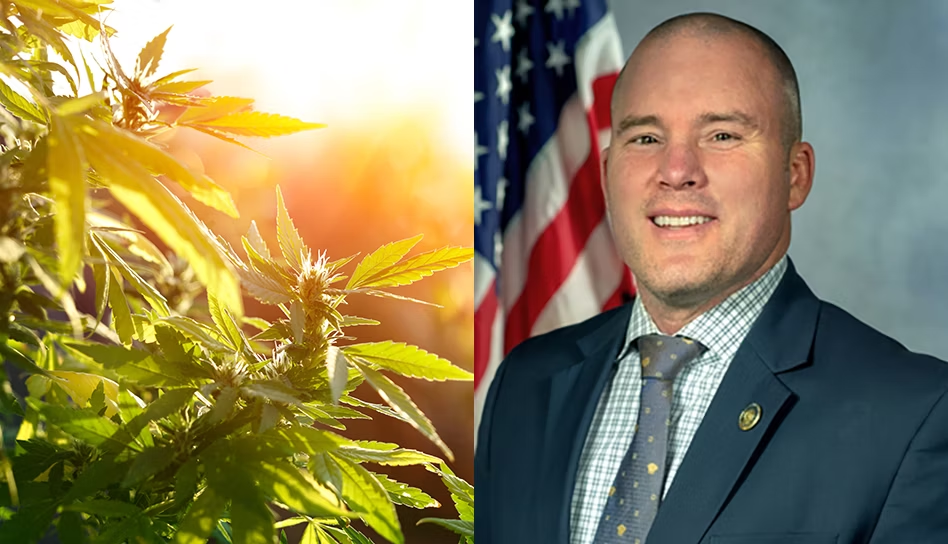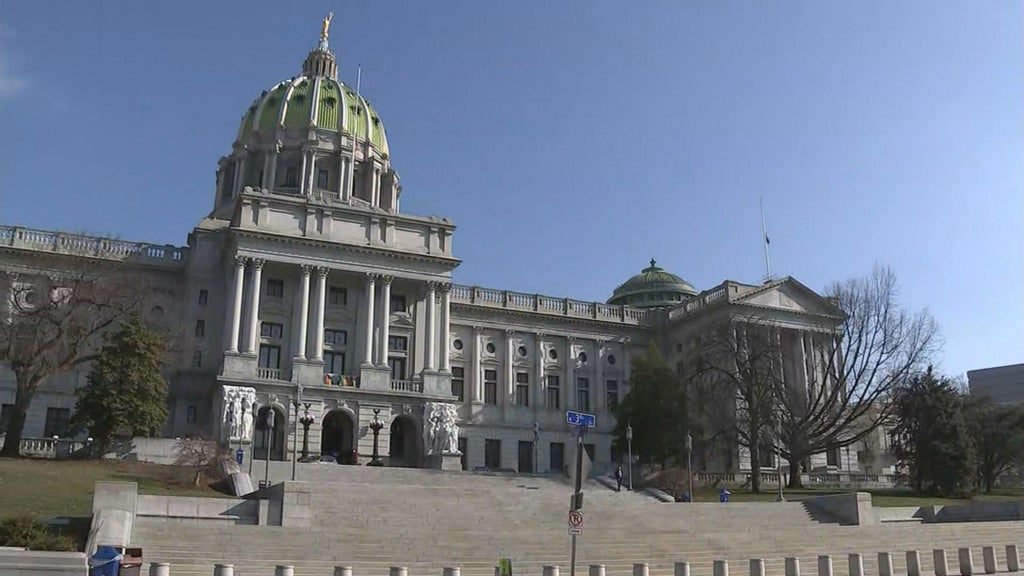Pennsylvania is moving closer to legalizing adult-use cannabis with the introduction of the Keystone Cannabis Act by State Senator Marty Flynn, a Democrat from Scranton. On May 21, Flynn called for co-sponsorship of his legislation after the Senate Law and Justice Committee rejected a related House bill the previous week.
The Keystone Cannabis Act aims to create a regulatory framework for the cultivation, distribution, and retail sale of cannabis to adults aged 21 and older. Flynn emphasized that the legislation would modernize cannabis laws, generate economic benefits for communities, and respect individual choices regarding cannabis use, similar to alcohol and tobacco.
For the bill to gain traction in Pennsylvania’s Republican-controlled Senate, Flynn needs to secure a Republican co-sponsor. A recent House bill, which passed along party lines with a 102-101 vote, faced obstacles in the Senate. The committee chair, Republican Dan Laughlin, who supports legalization, halted the House proposal due to its inclusion of a state-run dispensary model. Instead, Laughlin advocates for a separate Cannabis Control Board.
Flynn’s memo outlines several key provisions of the Keystone Cannabis Act:
1. Legalization for Adults 21+: The bill permits the possession, purchase, and consumption of cannabis for adults while implementing measures to prevent youth access and impaired driving. 2. Regulatory Market Structure: An independent commission, involving various state departments and law enforcement, will oversee all aspects of cannabis operations, ensuring safety and fairness in the market. 3. Community Reinvestment Fund: Projected revenues from cannabis sales, estimated to surpass $500 million annually, will be directed into a Community Reinvestment and Infrastructure Fund. This fund will support: – The creation of the Rural Area Economic Investment Zone (RAEIZ) Program to revitalize rural communities through grants for redevelopment. – Expansion of the City Revitalization and Investment Zone Program to benefit more areas. – Local infrastructure improvements, including transportation and broadband. – Grants for public health, law enforcement, and educational programs focused on substance use prevention. 4. Social Equity Measures: The bill prioritizes licensing for individuals from communities adversely affected by cannabis prohibition and includes provisions for expunging certain nonviolent cannabis-related convictions. 5. Public Health and Safety Standards: All cannabis products will undergo stringent testing and labeling requirements, with dedicated funding for public education on substance use and mental health. Testing facilities will be regularly audited to ensure compliance with safety standards.
Previously, Flynn had proposed legalizing cannabis through a state-store system. However, in light of the recent rejection of that model, he has shifted his approach. He pointed out that Pennsylvania’s current medical cannabis laws are more restrictive compared to neighboring states like New York, New Jersey, Maryland, Delaware, and Ohio.
Flynn stated, “Legalization is no longer a question of if, but when. It is time to create a cannabis economy that reinvests tax dollars into our communities, promotes freedom while ensuring safety, stimulates economic growth, and invests in the communities that need it most.”
As Flynn prepares to introduce the Keystone Cannabis Act, he faces competition from a bipartisan proposal developed by Laughlin and Senator Sharif Street, a Democrat from Philadelphia. Both legislators are working on co-sponsorship memos to gather support for their respective plans. While no official filings have been made yet for either proposal, the discussions signal a growing momentum toward cannabis legalization in Pennsylvania.




